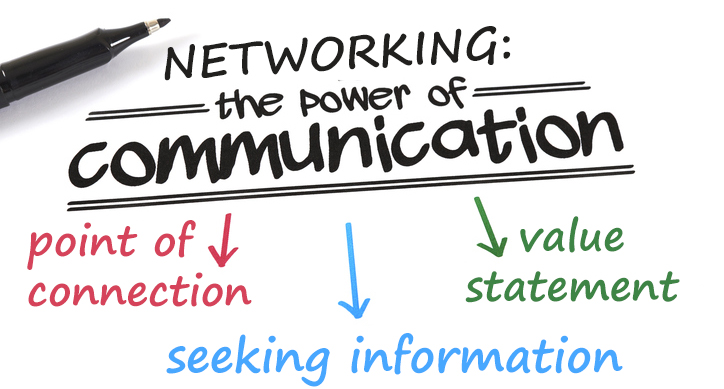
You have worked dozens of job leads for weeks, biding your time, going on countless interviews, networking with numerous people, and now you possibly have multiple job offers on the verge of coming to fruition. Yay for you! Let's hold the champagne; it is not quite over. You are simply moving on to the next stage of transition -- from the job search to the negotiation and acceptance process.
It is inevitable and fortuitous that one of your job prospects will make an offer. And unless it is the job of your dreams, you will want to buy some time to see what other offers come your way in short order. Note: Even if this IS the job you have been waiting for, the following process is still applicable as a means of navigating the negotiation process.
How to navigate the job offer and acceptance process:
Step 1: Give them an affirmative and positive-sounding response: I really appreciate the offer and find this to be an exciting opportunity. By staying positive you give the immediate impression that you are going to take the job without actually committing yourself to it just yet.
Step 2: Negotiate the response timeframe: This is a big decision; would you allow me time to discuss this with my family? How about———? This will also give you time to get any additional questions that are outstanding answered.
Step 3: Find out your point of contact. This will give you a direct line in to pose intentional questions. It also lets the prospective employer know you are very interested and serious about accepting this offer.
Step 4: Determine if the offer and the job are in alignment with your requirements. Ideally this is a list you have already created by this point in the job search process, but if not, go ahead and create a list of 12 criteria, in priority order, of requirements that your ideal job meets. This includes everything from the culture to location. Then compare how this offer stacks up. This tool forces a logical decision based on all factors rather than a limited few.
(Steps 5 and 6 are specific to those wanting to buy time. If you have your dream offer in hand, skip to step 7.)
Step 5: Ask follow-up questions. DO NOT GO SILENT while waiting to hear from another potential offer. You can legitimately extend the existing job offer timeframe by asking valid questions (one at a time in some cases) that you truly need answered. Employers anticipate and expect you to have questions. By asking questions, you keep the offer on the table and the prospective employer engaged and interested in you as a candidate.
Step 6: Request an additional phone call with your potential supervisor. This is generally done after all your questions have been answered, or as a final move prior to accepting the position. Chances are good that if your questions become too detailed your contact person will offer to connect you with this person anyway in an effort to help you come to a decision more quickly.
Step 7: Always negotiate. Even if you know you plan to accept regardless, negotiation is a must and often one last test in the hiring process. If you do not attempt to negotiate, particularly at the executive level, what does that say about how you will handle situations on the job? Ease into a negotiation conversation by stating all the things in the offer you are pleased with, moving on to your requests after they realize you respect and are happy with much of their offer. If it is money or time off you are seeking, the rule of thumb is to ask for double what you are wanting, and agree to split the difference. Meet them in the middle. During a good negotiation, both sides come away feeling they have won.
A key point to remember while working the steps outlined above is to remain genuine in your interest in the position -- both to yourself and your prospective employer. To work through the steps above effectively, you have to be able to see yourself happy in the position. Even if there are other offers hovering, you must feel comfortable in your decision to accept the one on the table. This decision-making process often reveals if this is the right offer and if you are still teetering because of hope of another offer after going through these steps, then go back and review Step 4, because something may not be in alignment with this particular offer. Always remember that if the prospective employer is treating you a certain way now in the "honeymoon stage," it will only get more pronounced later on.
Connect with us on LinkedIn, join our Active Network Program and look at the other areas of connection we offer.





















